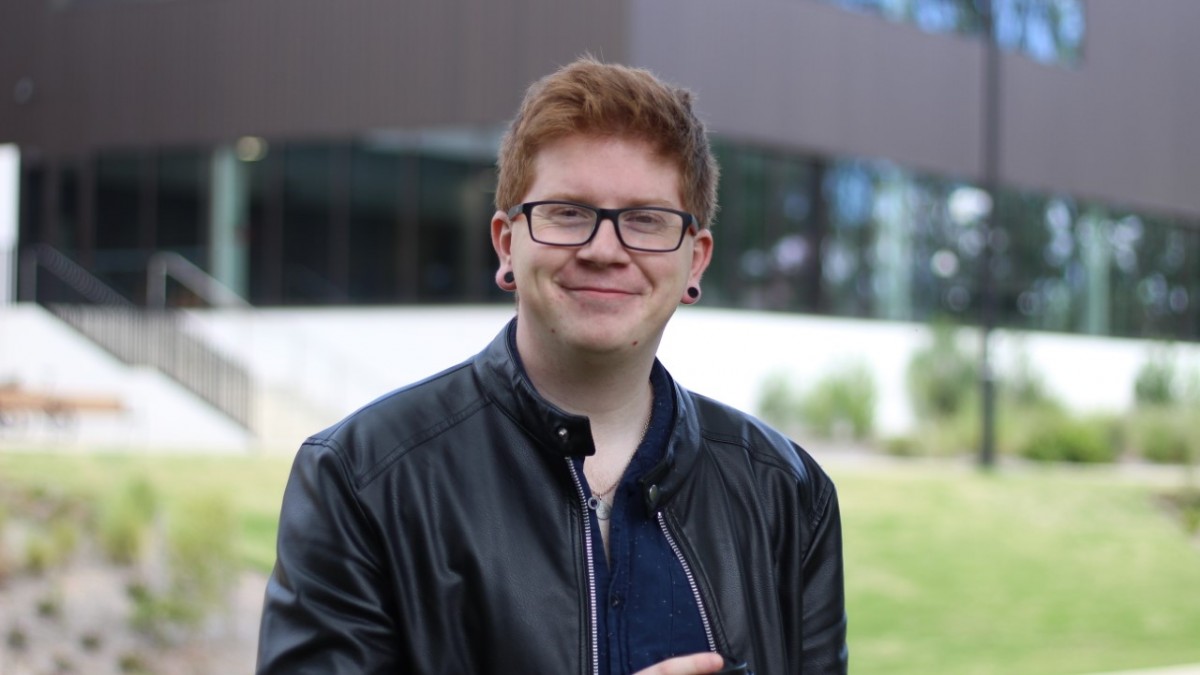Theoretical physics with real-world connections
I have recently started a Master of Science (Advanced) in Theoretical Physics at ANU. I am researching a non-invasive way to detect elevated blood glucose levels in people who exhibit pre-diabetic symptoms, removing the need for consistent finger-pricks.
When I was deciding on which university I wanted to attend, one of the things I was looking at was the research project I would spend the next few years of my life on. Looking at the projects on offer, it was clear that ANU has the most extensive range, the best facilities, and the best academics. So it was not a hard choice to come here after my Bachelor’s degree.
My main area of interest is hard condensed matter, which is looking at things such as nanowires, nanoparticles, biosensors, and other branches of nanotechnology on a nanoscale. ANU has the best facilities in the Southern Hemisphere for Metal-Organic Chemical Vapour Deposition, which is a very niche, but powerful, instrument in nanotechnology. This was a very alluring factor for me.
Not many people combine physics and biology, but I see it as an interesting and lively research pairing. I get to explore problems in physics and biology from a different perspective, ideally leading to unforeseen connections.
My excitement arises from the developments in the detection of type 1 and type 2 diabetes, which is being led by Professor Lan Fu from the ANU Research School of Physics. Her research project utilises properties of nanowires that, when exposed to acetone, exhibit novel effects within the quantum regime.
When I finish my Masters and then earn my PhD, I’d like to go into academia. I find conveying science a rewarding experience that I would like to continue in the future.
My advice for students considering ANU is to try to form connections with academics. Every academic finds it rewarding when a student shares their passion. Also, by talking about their research, there might be opportunities for you to assimilate into a research group and follow your aspirations.

